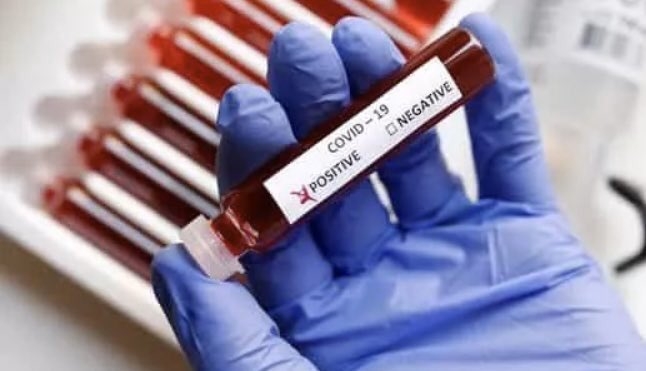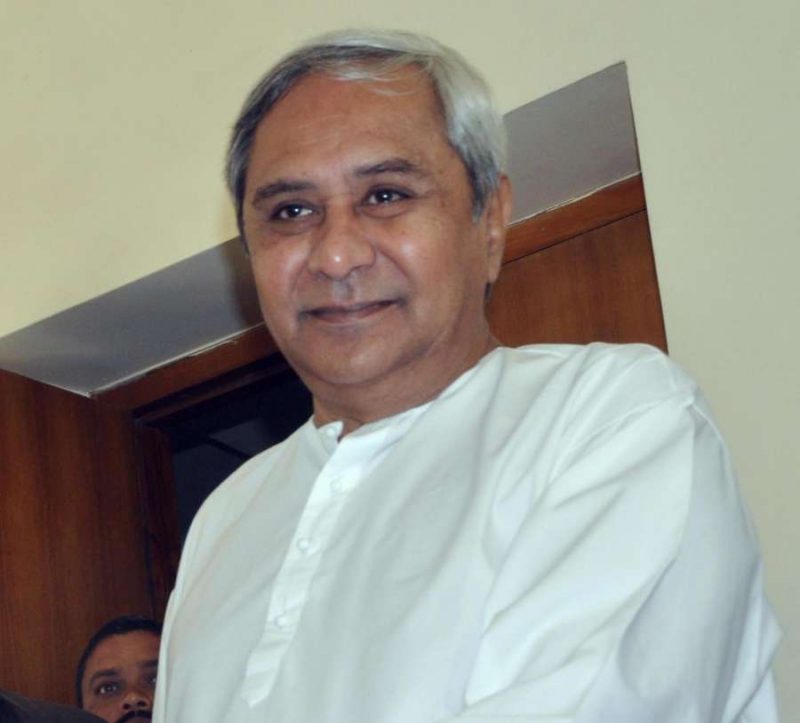A C-Voter nationwide survey indicates that the trust levels of Indians in social media is very low, particularly compared to mainstream media platforms like newspapers and TV channels.

One of the most dangerous phenomenon during a crisis like the COVID-19 pandemic is the viral spread of misinformation and outright lies through social media platforms. But as per the on going nationwide tracking poll conducted by C-Voter between April 23 and April 30, policy makers in India can sigh a breath of relief. As per the C-Voter survey, the proportion of Indians who display “a lot of trust” in social media platforms is remarkably low, particularly when compared to mainstream media platforms like newspapers and TV channels.
At an aggregated national level, just about 12.5 per cent of the respondents said that they had “a lot of trust” in social media while 30.8 per cent affirmed that they have “no trust at all” in social media. In sharp contrast, 34 per cent of respondents said they had a lot of trust in newspapers while 6.8 per cent said they had “no trust at all”. ( It would be worth mentioning here that a strict lockdown has resulted in newspapers not reaching the doorsteps of a large number of households). Television witnessed a more polarised outcome with 42.3 per cent saying they had a lot of trust while as much as 16.1 per cent ( compared to 6.8 per cent for newspapers) saying they had no trust at all.
The lack of trust in social media cuts across geographies and segments like income, education, age, caste and ethnicity. Interestingly, the sections of Indians that are perceived to use social media most widely are the ones that exhibit the lowest levels of trust in social media. When it comes to young Indians below the age of 25 ( a cohort that rarely reads printed newspapers in large urban centres) 36.3 per cent say they have no trust at all in social media, while just 11.7 per cent aver they have a lot of trust. In the same category, 7.3 per cent of young Indians say they have no trust at all while 35.6 per cent said they had a lot of trust in newspapers. Similarly, 14.7 per cent young Indians had no trust at all in TV news while 37.6 per cent had a lot of trust. For highly educated Indians, the results are even more startling with 41.7 per cent saying they have no trust at all while a mere 8.6 per cent said they had a lot of trust. For the same category, 8.3 per cent expressed no trust at all in newspapers while 40.7 per cent expressed a lot of trust. The corresponding figures for TV news were 11.2 per cent and 28.9 per cent respectively. In the case of high income Indians, 33 per cent say they have no trust at all while 7.8 per cent say they have a lot of trust.
The only category of Indians whose “no trust at all” percentage in social media which was below 20 per cent was Indians above the age of 60. Otherwise, Indians across all categories displayed a lack of trust in social media. For instance, 35.2 per cent of Indian Dalits expressed no trust at all in social while 41 per cent of semi urban Indians expressed the same view.
That should come as a sigh of relief for policy makers and law enforcement officials who find it difficult to contain rapidly spreading rumours and their consequences. Many steps have been taken to stop rumours from spreading; one example being the decision of WhatsApp to limit a seemingly viral post to just five forwards per person. But there have been grave consequences. Social media rumours led to the grisly lynching to death of two monks and a driver in the Palghar district of Maharashtra in April, 2020.
And there is a sobering reality check even behind the seemingly good news that trust levels in social media are very low. There are 400 to 500 million social media users in India based in various estimates. The C-Voter survey indicates that 12.5 per ent of all Indians have a lot of trust in social media. That works out to between 50 to 60 million Indians, more than the population of most countries.









